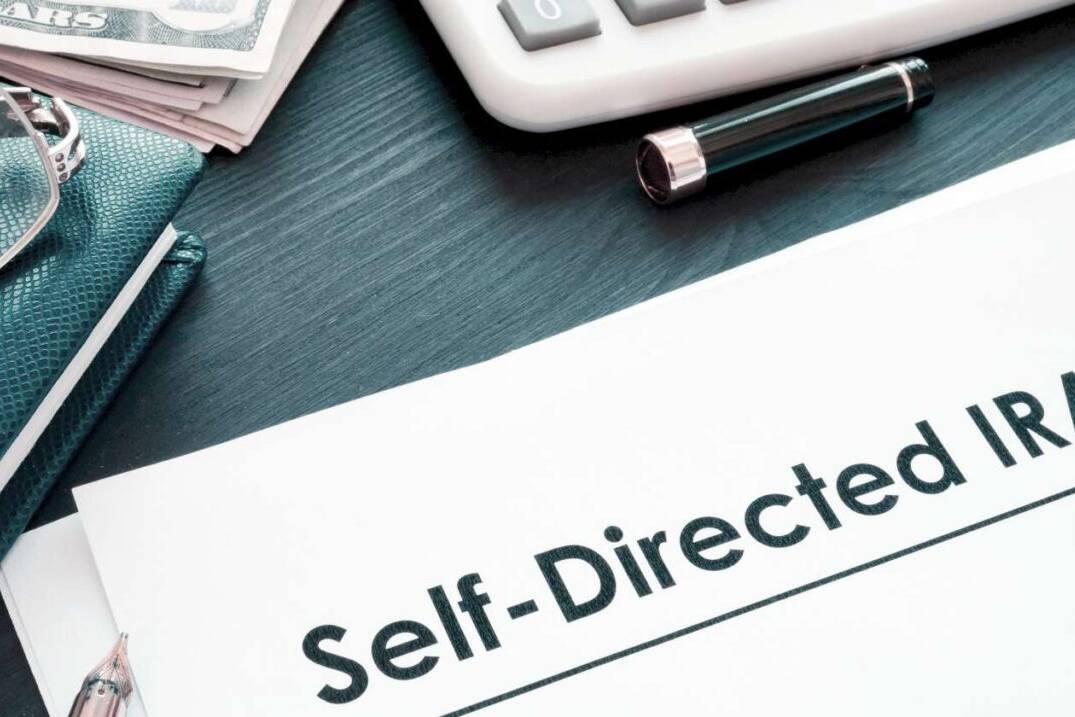Self-directed investing is an excellent way to break through traditional investment methods. While typical investors rely on stocks, bonds, and mutual funds, SDIRA owners can seek out other investment possibilities to diversify their retirement portfolio.
One of these alternative asset opportunities is a real estate investment. Real estate is one of the most common alternative investments; there are many good reasons to add this one to your portfolio.
While it may not be as liquid as other assets and the upfront costs may be intimidating, with the proper strategy, your self-directed IRA can truly benefit from real estate investment. Here are seven tips to successfully gain from real estate properties.
1. Select your Property
Before getting started, decide on what type of property you are looking to own. There are plenty of options:
- Home, apartments, condo
- Vacation properties
- Commercial property
- Trust deeds, mortgage,s or tax liens
- Land
Of course, as you consider all the possibilities, consider what your plans for this property are. Do you want to be a landlord? Are you planning on flipping homes? How many properties do you want to own? These are all important factors when it comes to real estate investment. If you are new to real estate, you may want to start slow with one property and build from there.
Also, set a budget for yourself; don’t purchase more than you can afford or too much upfront. Real estate investment can get expensive fast, so keep in mind how much you are willing to spend. As you investigate your options, you can begin your research on the market.
2. Research the Market
After selecting the type of property, you are interested in, it’s time to start on research. There a few key factors when it comes to choosing real estate that will bring in money, the first being location. Regardless of what you want to do with your property, location is important for rentals and resale.
Location is imperative for commerce; no one is going to rent from a business building in the middle of nowhere. Likewise, if you are renting business offices, homes, or vacation rentals, placement is essential.
What is the surrounding area like? Is your property located in a city, in the suburbs, or in the country? Is your property a vacation home located near must-see spots? In addition to location, market value is important when it comes to real estate investment.
Placement, condition, upkeep, and size all determine what your property is worth. As you look into possible investment opportunities, be sure to choose something that has good market value and won’t end up costing you more than it’s worth.
3. Know the Rules
Before you purchase any property, be sure to perform your due diligence and brush up on SDIRA rules. While real estate investment is a lucrative way to pull in long-term funds for your IRA, if you don’t follow the rules, you could end up losing everything.
The property purchased with your IRA is owned by your self-directed IRA. That means all money it earns or that it needs must flow through the IRA itself. You cannot use your personal account to make updates, nor can you profit from your property until you reach retirement. On that note, you cannot even perform repairs personally.
As IRA owner, you and any disqualified individuals cannot use the property, in any way, for personal gain or livelihood. Simply, your property must be kept separate from you.
4. Select the Best Renters
An empty property isn’t going to build your IRA; however, you do want to be extra careful with the rental process. Be sure you select individuals who will take care of your house. While you nor any disqualified individuals cannot use the home, you want to choose the right people who will treat it like their own. The wrong renters can end up costing you in-home repairs. As you draw up a rental contract, decide on the rules right away. Make sure your renters can afford the monthly payments and that they understand the rules of the contract.
5. Keep up the Property
Much like you expect your tenants to keep up the property, you need to follow that example as well. Regular maintenance on property not only keeps up the value, but it keeps good tenants happy. If you own a vacation home, it could mean the difference between return customers and empty property.
Also, if you do plan on unloading the property, it will help with the resale value. If you should decide to sell, it will be less costly if you stay on top of repairs. Remember – you can’t work on the property but be sure that you do what’s possible to keep your rentals in tip-top shape.
6. Monitor Expenses
Keeping up with your real estate investment can be costly. Before you even purchase any property, you should gather any possible property expenses. How much do you want to put into your investment? Be mindful of your selection ahead of time.
You don’t want to buy a money pit just because the cost is low upfront. The long-term expenses could end up costing you more. Even after you purchase a home, monitor how much you are spending.
Are you spending too much? Are renters leaving often or destroying the place? Is the location not pulling in enough renters? Are the taxes too high? Remember, the point of real estate investment is to bring in money, not spend it all. Keep an eye on what you are spending to be sure that your property is profitable.
7. Monitor the Market
After you’ve purchased your property and selected your tenants, it’s time to sit back and monitor your investment. As your property begins to profit, watch the market carefully. Is the housing market good? Is it a good time to sell? A good time to buy? Keep checking the value of your property, especially if you are renting seasonally. Watch as rental traffic spikes and when it fades; adjust your rental fees accordingly. Always monitor your property. You never know when it may be a good time to sell.
Taking the Proper Steps
Real estate investment is an excellent long-term alternative investment, and if you play your hand right, you could build a healthy nest egg. As you navigate the self-directed investing, be sure to seek out a trusted Horizon Trust advisor to avoid any potential pitfalls. Explore your options and discover your inner real estate mogul today.
Related Posts
March 28, 2024
Is Self-Directed IRA Real Estate Wise? 10 Pros & Cons
Self-directed investment can open many doors for investors. There are many…




